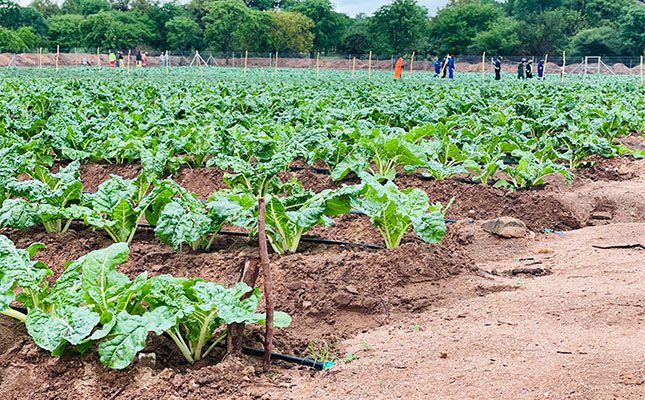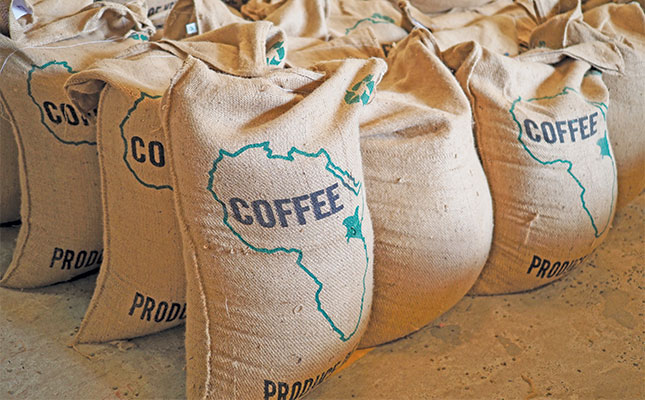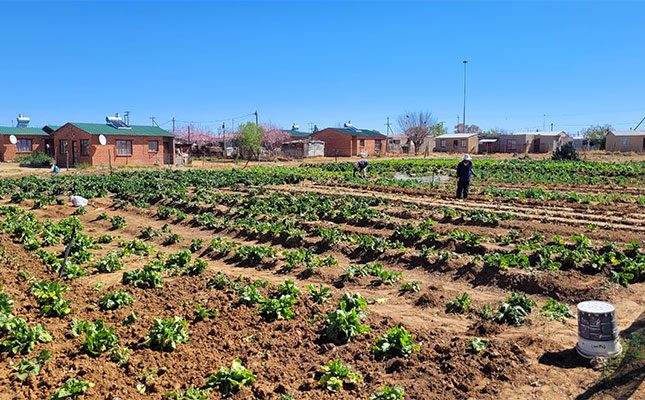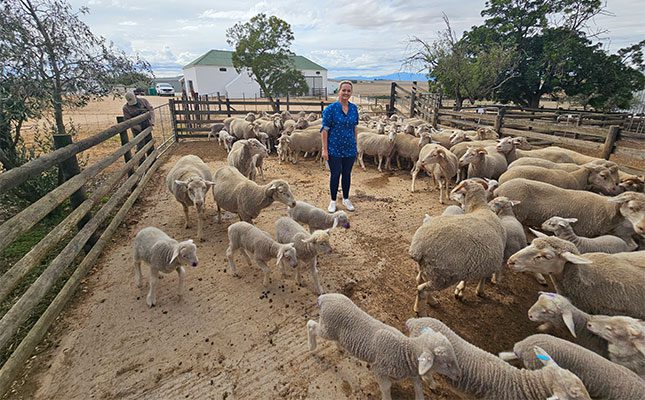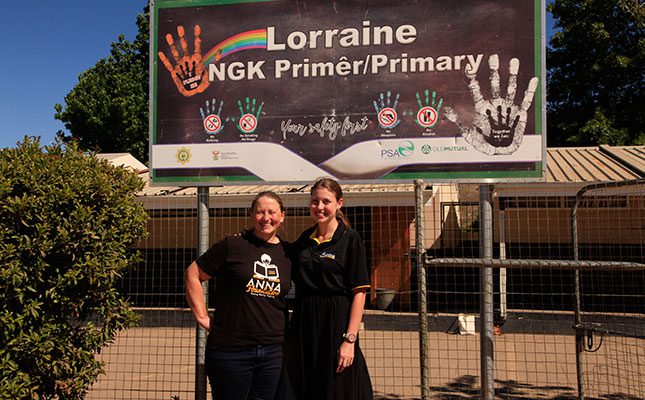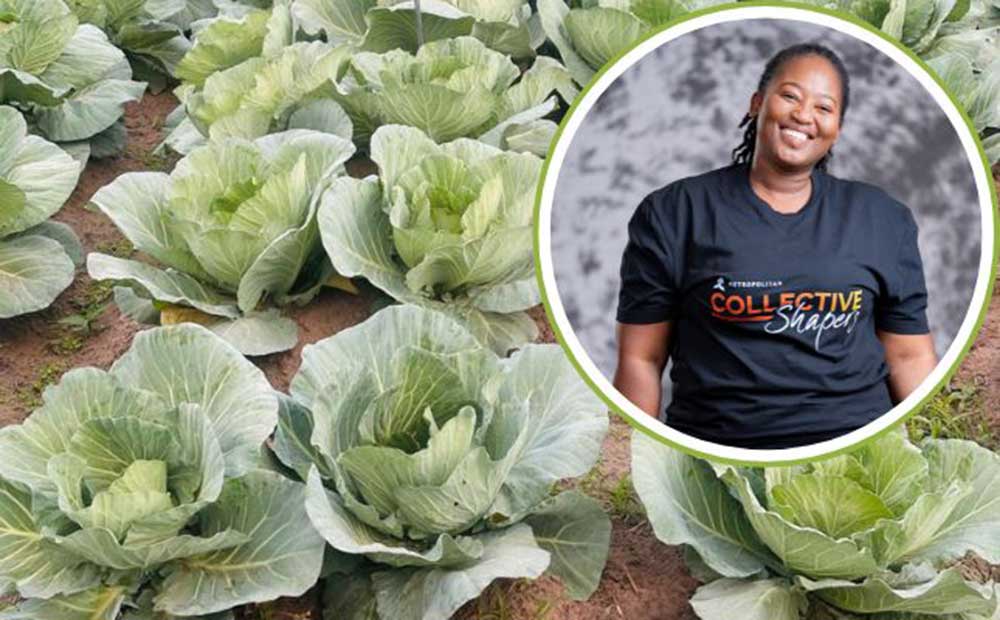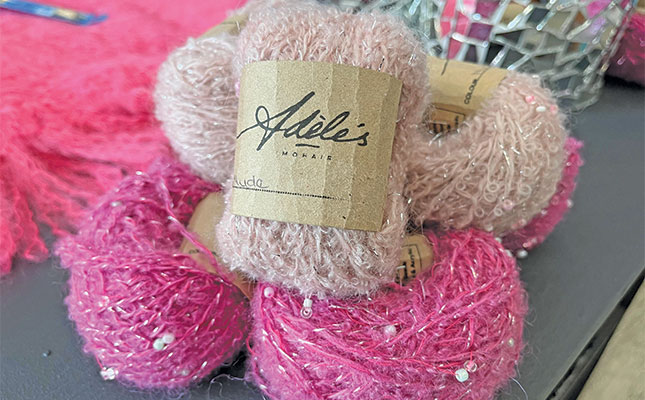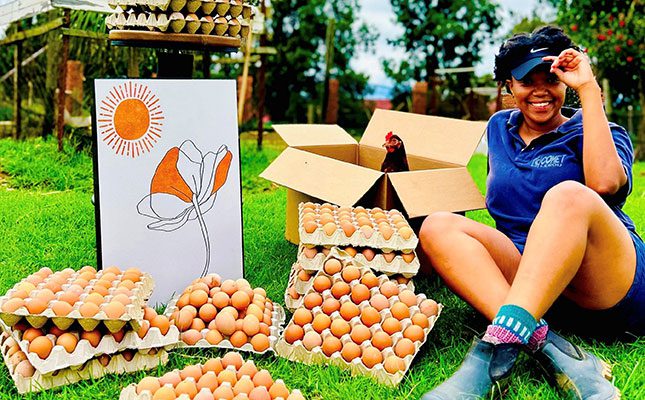
Ngubane was one of the finalists in the Metropolitan Collective Shapers programme aimed at identifying and developing young business entrepreneurs.
She comes from an agricultural background, having grown up around animals in a rural area. She later followed a career in communications in the corporate world, but realised that her work did not really contribute to changing people’s lives. After assessing her job and life, she decided to go back to her roots and get involved in agriculture to make a difference.
Accessible products
Ngubane says she has always loved animals, and although familiar with cattle, goats and sheep, she decided to focus on poultry, specifically egg production.
“People in the rural areas live in mud houses without electricity or running water. I decided I have to focus on a nutritional product that will be affordable. We sell the highly nutritious eggs at low prices, between R1 and R4 each, so that people do not go hungry,” she says.
Her market is focused on the informal market, including people who have to travel long distances to town. “Now they can buy directly from me; for them it is beneficial as it gives them easy, regular access to a cheap protein source,” she says.
She donates her eggs that are too small to sell to people who run soup kitchens in the community.
She stresses that it is important to her to treat her animals well.
“I treat my chickens as if they were my children. One has to keep their living environment clean – every day. I also ensure that biosecurity measures are in place. I limit access to my chicken houses. People who do enter have to sanitise themselves and wear gloves. It was a steep learning curve for me, and therefore I enforce stringent rules to keep my birds healthy.”
Overcoming challenges
Agriculture is challenging, she says. “It is impossible to be successful without proper planning. You have to plan what you want to do, when you have to do, it and how. In the long run, planning your activities is what will keep you afloat in your business.”
She acknowledges that there are things she cannot control. “We cannot control the weather. Where we live and farm, the climate can sometimes be very challenging. Then, of course, the area where we live is quite remote and rural. But as a farmer, I have to be creative and find solutions for challenges and make things work,” she says.
Another challenge she personally experienced is how difficult it was to buy quality chicks from reputable suppliers. “I started with 500 chicks, but lost 200 due to disease and the substandard condition of some of the chicks. It is really challenging for a start-up business to lose that number of birds. At the moment I have 300 layers.”
Financial constraints present major obstacles. The lack of finance limits her and makes it difficult to expand her operation. She also feels that access to advanced farming techniques and technologies could help her grow as a farmer as well as be more efficient.
The constraints, however, do not stifle her dreams. Her short-term goals are to increase production and improve operational efficiency. Over the next three to five years, she aims to diversity her farming activities, expand her production, and move into new markets.
Community impact
Apart from being involved with the soup kitchens, she also hires young people and local women for seasonal work. “Providing jobs, even if it is seasonal, makes a huge difference in the community and to the lives of people,” she says.
She adds that she plans to develop and upskill the community, especially the young people, of Msinga, and create a production hub that is able to provide employment, training and sustainable nutritional farming for generations to come.
To her, the Metropolitan Collective Shapers programme was life-changing. “It was an absolute wonderful programme and definitely made an impact in my life. Throughout the course, we focused on different topics. The presentations guided us through the programme journey.”
She adds that the programme was all about development on various levels. “It was about developing yourself first and then about developing your business. It taught us how to readjust and reassess yourself,” she says.
She emphasises that to her the most valuable lesson was that although money is important, you need to have the life skills to help you apply the money in the right direction.
Get trusted farming news from Farmers Weekly in Google Top Stories.
➕ Add Farmers Weekly to Google ✔ Takes 10 seconds · ✔ Remove anytime
